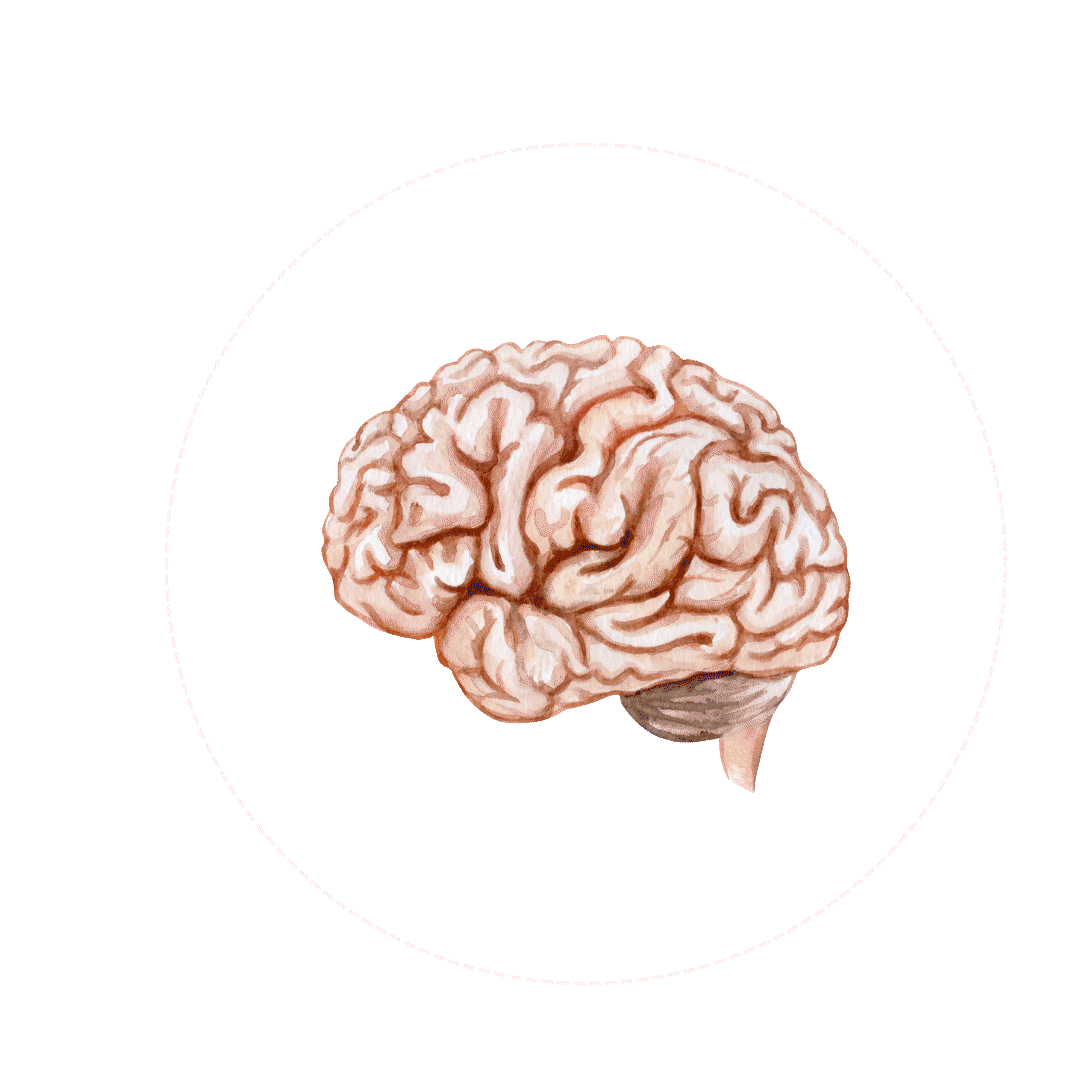
Researching New Paths
to Cognitive Recovery
After Cancer
With 18.1 million cancer survivors in the US, cancer treatment advancements mean a growing number of individuals are living as cancer survivors.
While this is positive, it has broadened the scope of care to include managing the long-term effects of treatment.
A significant and increasingly recognized long-term effect reported by cancer patients and survivors is cancer/chemotherapy-related cognitive impairment also known as “chemo brain”
The Research

Up to 60% of survivors
exhibit a decline in cognitive
performance after chemotherapy
Chemo brain affects executive functions, which are important for managing daily tasks such as:
By combining neuroscience, clinical psychology,
and cutting-edge tech, our research offers
new pathways for survivorship care.
The Study
Dr. Vega’s lab is testing an innovative, non-pharmaceutical intervention called neuroplasticity-based computerized cognitive remediation (nCCR).
This game-based program is designed to strengthen brain function through personalized cognitive exercises that adapt in real time to each user’s performance.
Why It Matters
From Survivorship to Thriving
There is no gold-standard treatment for chemobrain—yet.
Dr. Vega’s work is addressing a critical and unmet need, offering tools that are accessible, low-cost, and grounded in the science of brain plasticity. For millions of cancer survivors, this research could mean a return to work, confidence in daily tasks, and a better quality of life.









